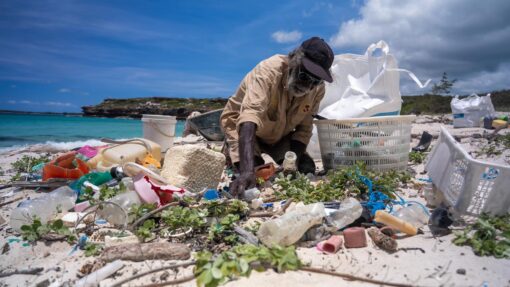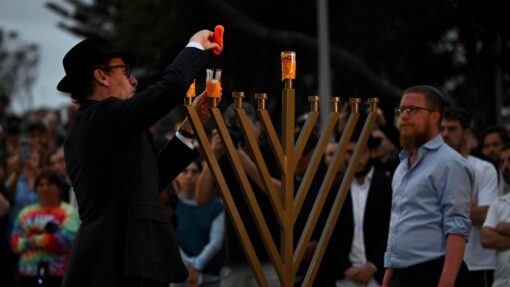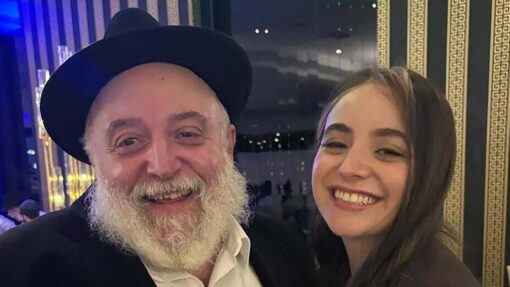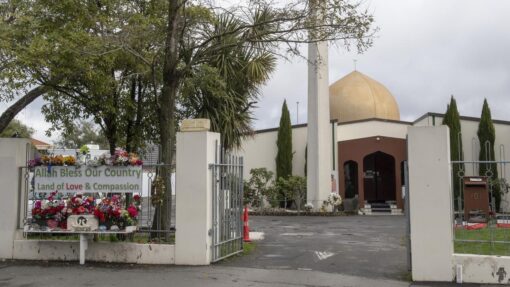PM lays path to vote on Indigenous Voice
Aaron Bunch |
Prime Minister Anthony Albanese has recommend changes to the constitution as Australia takes historic steps towards an Indigenous Voice to parliament.
Mr Albanese told Indigenous leaders, campaigners and advocates gathered at the Garma Festival in northeast Arnhem Land on Saturday what many have waited decades to hear: the nation is ready for reform.
His recommendations ahead of a referendum include adding three sentences to the constitution to establish the voice as a starting point for discussion.
“This may not be the final form of words, but I think it’s how we can get to a final form of words,” he said.
The referendum question put to Australians could be as simple as: do you support an alteration to the constitution that establishes an Aboriginal and Torres Strait Islander Voice?
“A straightforward proposition,” Mr Albanese said.
“A simple principle. A question from the heart.”
Mr Albanese delivered the speech in front of a crowd of around 1000 people at the festival before walking off stage and shaking hands with Indigenous leader Galarrwuy Yunupingu.
The announcement was cautiously welcomed at Garma at Gulkula, a significant ceremonial site on the Gove Peninsula overlooking the ocean from deep within a stringybark forest.
But Yothu Yindi Foundation board member Djawa Yunupingu, the brother of Galarrwuy Yunupingu, reminded a forum at the festival that Indigenous people had been made many promises in previous generations.
“It has hurt us a lot to hear these promises made to our faces only to see the promises betrayed,” he said in a speech.
He reminded the crowd of the work his brother had led across four decades with a series of prime ministers.
“Now we’re into 2022. We are hearing words from a prime minister … understanding the seriousness of the business and, I’ll be honest, these words are lifting our spirits.”
The referendum commitment was welcomed by the Uluru Dialogue, a group of Indigenous leaders behind the development of the Uluru Statement, which called for the Voice to be established.
Dialogue co-chair Megan Davis, a professor of constitutional law, said the draft question and constitutional amendment were the culmination of more than five years of work.
“We wanted the words to illustrate a clear and simple ask of voters come referendum day,” she said.
Mr Albanese is undoubtedly aware of the history of Indigenous reconciliation in Australia. He repeated calls in his speech for bipartisan support and urge Australians to engage on the issue.
“Enshrining a Voice will be a national achievement. It will be above politics,” he said.
Deputy opposition leader Sussan Ley said the coalition would need to take time to consider the referendum proposal but questioned the lack of detail about how the proposed Voice would work.
“One headline question proposed by the prime minister is not giving us the answer to that,” she said.
“I want to see the detail. I want to see something that unites Australians and doesn’t divide them.”
The prime minister acknowledged the potential for the referendum to fail amid concerns opponents of Indigenous recognition were deliberately creating confusion among the public.
“We recognise the risks of failure but we choose not to dwell on them – because we see this referendum as a magnificent opportunity for Australia,” he said.
If a referendum goes ahead it would be the first in more than 20 years. Only eight out of 44 Australian referendums have succeeded since 1901.
AAP


